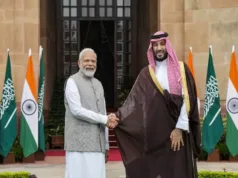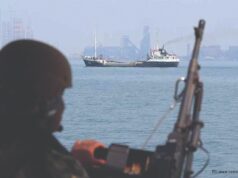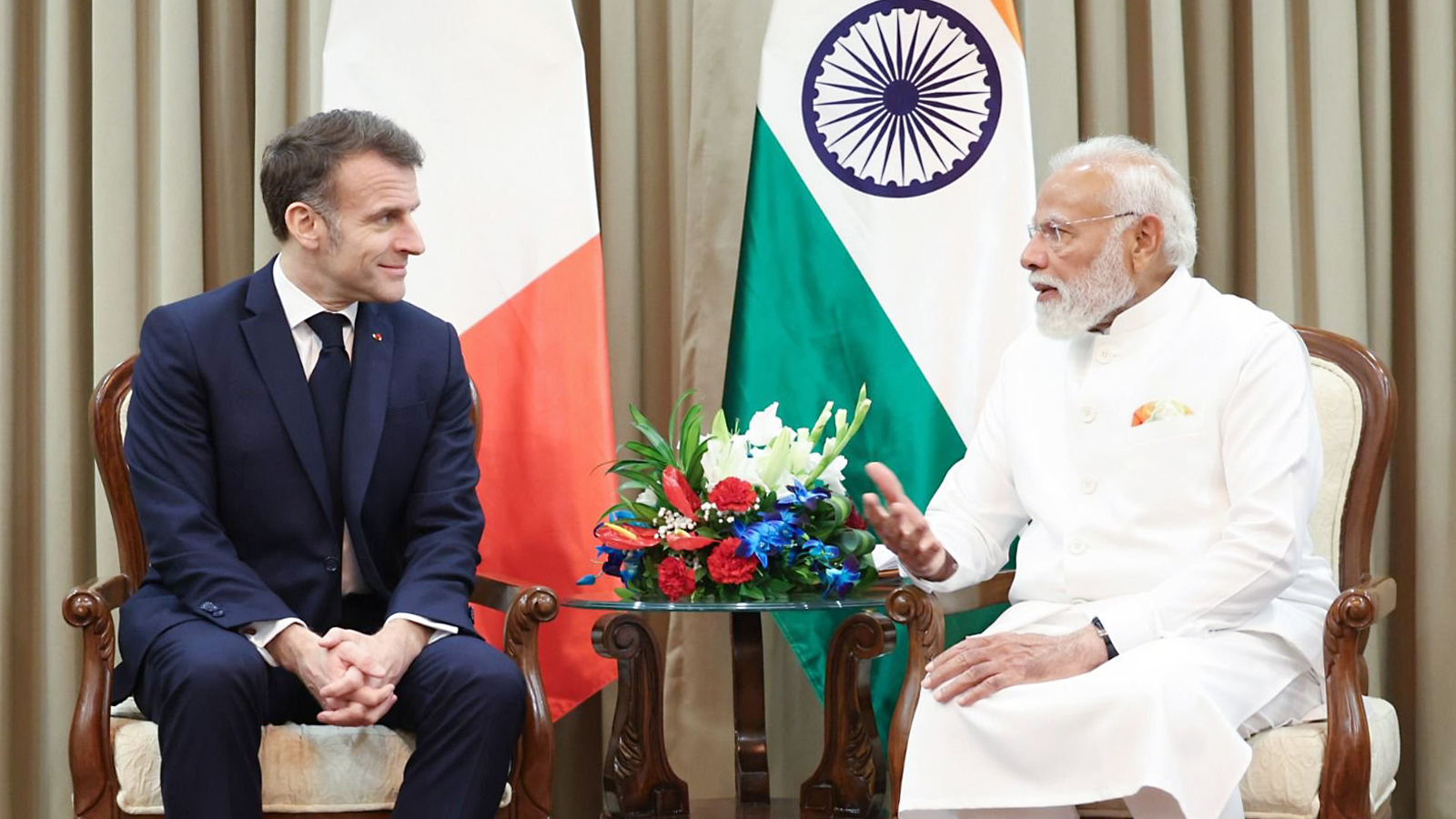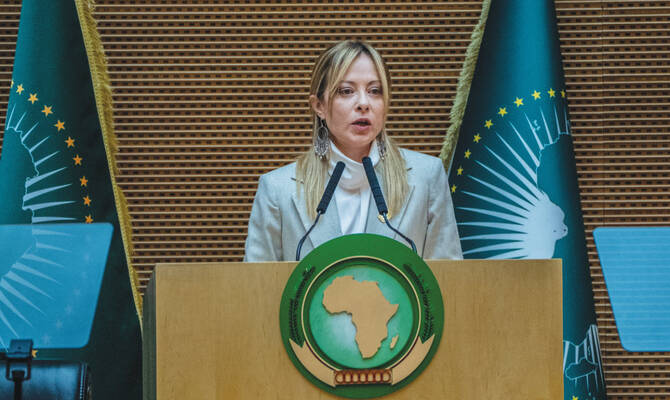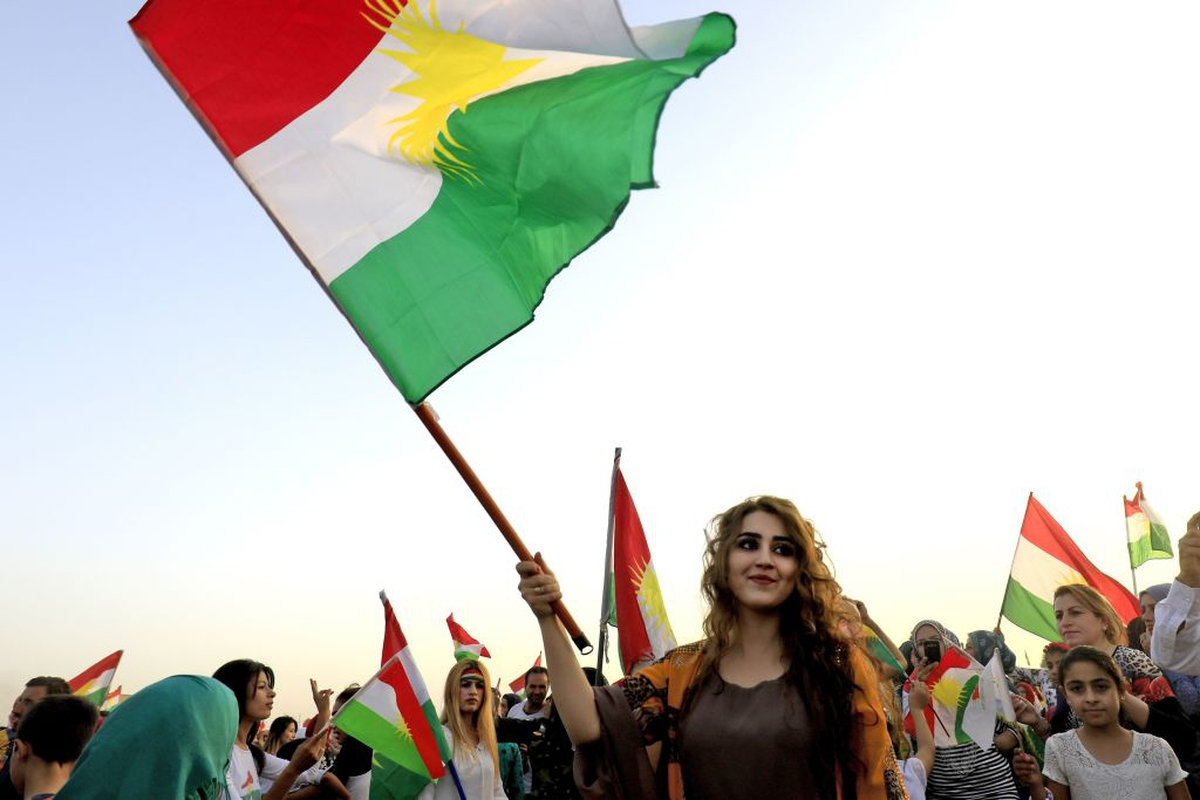
New Delhi: The Iraqi government has implemented a no-fly zone over Iraqi Kurdistan, today, following the recent independence referendum.
According to statement released by the Iraqi government, a no-fly zone is in effect over the KRG (Kurdistan Regional Government) controlled areas of northern Iraq.
In particular, the Iraq government’s no-fly zone covers the three KRG controlled provinces of Suleimaniyeh, Erbil, and Dohuk – the Kirkuk Governorate was not mentioned.
The Iraqi Air Defense has been given the green light to shoot down any aircraft that is flying over this region without permission.
Iraqi Kurds endorsed secession by nine to one in a vote on Monday. This move has angered Baghdad, Ankara and Tehran who fear the referendum could lead to renewed conflict in the region.
The vote in the autonomous Kurdish region of northern Iraq and some disputed areas is non-binding and will not lead automatically to independence, but this move is seen by the Kurds as a major step towards a long-cherished dream of statehood.
A high turnout of 72 percent was registered, with 3.3 million of the 4.58 million registered voters taking part, election commission spokesman Shirwan Zirar said late Monday. Prior to the vote, the commission had put the electorate at 5.3 million.
An estimated 30 million Kurds are living in Iraq, Iran, Turkey and Syria. In June 2005, the Kurdistan National Assembly elected Masoud Barzani president of the Iraqi region. In his televised speech on Tuesday night, Barzani said the Kurdish people will not be intimidated by threats or sanctions.
“You, the people of Kurdistan, you did not allow your will to be broken, and now, after your yes-vote that was a yes for independence and no to Anfal, chemical attacks and another genocide, we have entered a new stage,” the Kurdish media network Rudaw quoted Barzani.
The referendum has alarmed Turkey and it has threatened potentially crippling restrictions on oil trading with Iraqi Kurds as the country is facing a separatist insurgency from its own Kurdish minority.
Most oil that flows through a pipeline from Iraq to Turkey comes from Kurdish sources and a cut-off would severely damage the Kurdish Regional Government (KRG), which relies on sales of crude for almost all its hard currency revenues.
The United Nations and United States have both offered to help mediate between Kurdistan and Baghdad.

